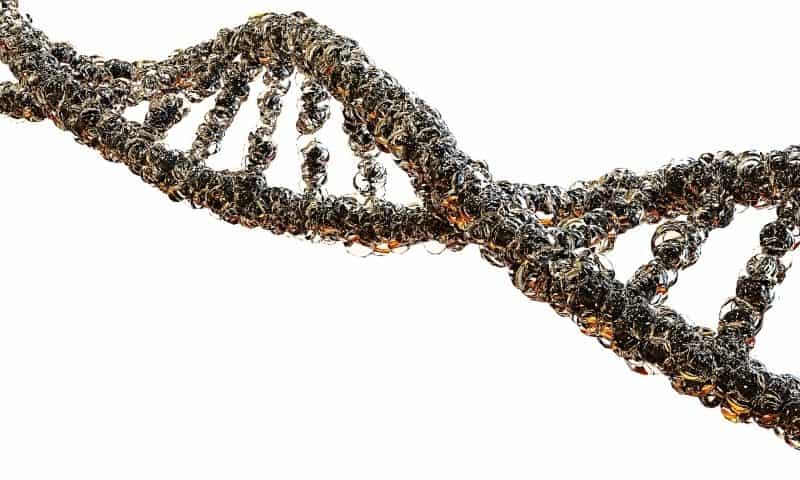Wuhan Neurophth Biotechnology signed a new chief scientific officer as it moves its gene therapy pipeline toward the clinic. Qiutang Li, Ph.D., joins from the University of Louisville School of Medicine, where she was a professor of ophthalmology and visual sciences for more than 14 years.
Neurophth is working on gene therapies for eye diseases delivered by adeno-associated viruses. As the company’s top scientist, Li will be responsible for global R&D and strategy for its IND portfolio.
At Louisville, her lab has worked with mouse models of human eye disease to study the role of the Hippo/YAP1 pathway in the eye, as well as inhibiting the IKK2/NFkB pathway to prevent the development of new blood vessels in the eye.
“We are excited to have Qiutang join and expand our exceptional research and development team. She brings a wealth of experience in gene therapies for ocular diseases to Neurophth,” said Neurophth CEO Alvin Luk, Ph.D., in a statement. “Her deep understanding of viral vector design and animal models in the inhibition of neovascularization for ocular diseases, such as age-related macular degeneration and diabetic retinopathy, further bolsters our ability to deliver on our growing pipeline of clinical programs and platform capabilities.”
Headquartered in Wuhan, China, Neurophth has offices in Shanghai, Suzhou and the U.S. It is developing its most advanced program, NR082, for an inherited form of vision loss called Leber hereditary optic neuropathy. It is also working on treatments for glaucoma, wet age-related macular degeneration, diabetic macular edema and autosomal dominant optic atrophy.
“I look forward to being a part of Neurophth team as the company executes the next stage of its growth strategy and expands its pipeline of gene therapy candidates focused on ocular and non-ocular diseases, building a brighter future for patients worldwide,” Li said.
Neurophth is among a clutch of biotechs working to restore vision through gene medicines. Other genetic treatments such as Roche’s Luxturna—acquired in its Spark Therapeutics buyout—or Editas Medicine’s clinical-stage EDIT-101 address specific mutations that cause Leber congenital amaurosis, an inherited form of blindness. Atsena Therapeutics recently raised $55 million to advance its gene therapy for the same disease.
Big Pharma is betting on the approach, too. In October, Novartis acquired Vedere Bio and its preclinical gene therapies for $150 million upfront. And a month later, Johnson & Johnson picked up a gene therapy from Hemera Biosciences aimed at preserving vision in patients with geographic atrophy, a late-stage and severe form of age-related macular degeneration.

